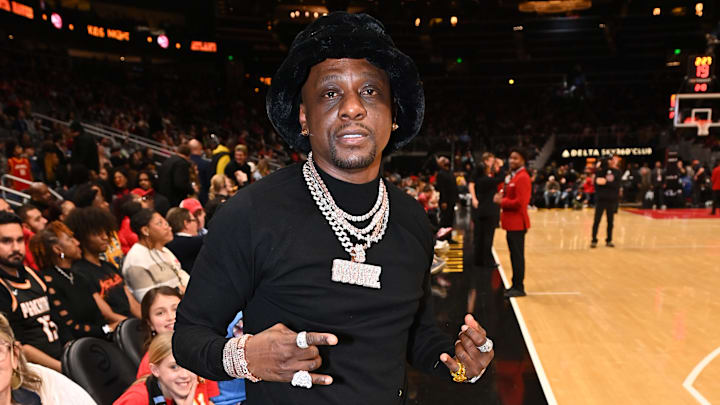In the ever-evolving landscape of hip-hop, clashes of opinion are as common as 808 beats. Recently, Baton Rouge rapper Boosie Badazz (formerly known as Lil Boosie) dropped a bombshell during an interview: “The trenches don’t listen to Eminem.” The statement reverberated across the industry, sparking heated debates and raising questions about generational gaps, regional loyalty, and artistic authenticity.
Boosie says the trenches don't listen to Eminem pic.twitter.com/Lem9luuDU8
— My Mixtapez (@mymixtapez) February 21, 2024
The Trenches vs. Eminem: A cultural schism
What Are “The trenches”?
Before we dive into Boosie’s assertion, let’s decode the term. “The trenches” refers to the gritty, street-level communities where hip-hop was born. It’s the pulse of the genre—the raw, unfiltered essence that fuels lyrics and beats. Think of it as the crucible where artists forge their identities.
Eminem: The rap god
On the other side of the spectrum stands Eminem, the Detroit wordsmith who rewrote rap’s rulebook. With a career spanning decades, Slim Shady has sold millions of records, won awards, and influenced countless artists. His lyrical prowess and provocative storytelling have left an indelible mark on hip-hop.
Why Boosie’s words matter
Regional allegiance
Boosie hails from the South, where bounce music, trap, and soulful storytelling reign supreme. In these sweltering streets, artists like Boosie resonate with their struggles, their triumphs, and their pain. Eminem, despite his undeniable talent, represents a different world—a colder, more distant one.
Generational divide
Boosie’s claim isn’t just about geography; it’s about time. The trenches—often inhabited by younger listeners—crave authenticity. They seek artists who mirror their realities, who speak their language. Eminem, while revered by many, belongs to a different era. His rapid-fire syllables and intricate wordplay can feel like a foreign tongue to those raised on trap anthems.
Artistic authenticity
Boosie’s assertion isn’t a diss; it’s a plea for realness. He champions artists who bleed their truth onto the mic, who wear their scars like badges of honor. Eminem’s technical brilliance aside, some argue that his struggles—though real—don’t resonate with the trenches. Boosie’s music, raw and unvarnished, hits closer to home.
So, who’s right? Is it Boosie or Eminem? Perhaps both. Hip-hop thrives on diversity—different voices, different stories. The trenches, like any passionate fan base, have their preferences. And that’s okay. As long as the music keeps flowing, the debates will rage on.
